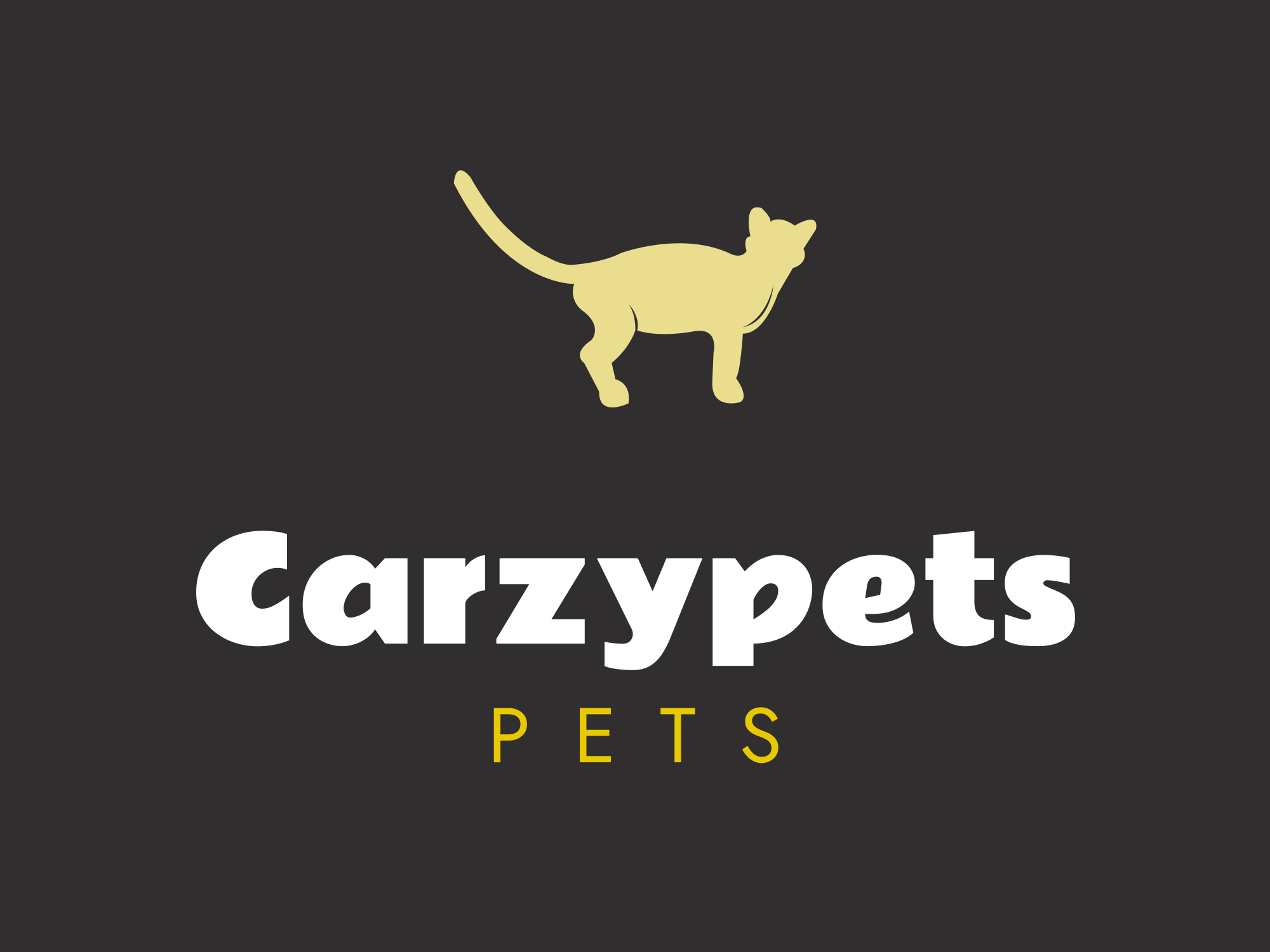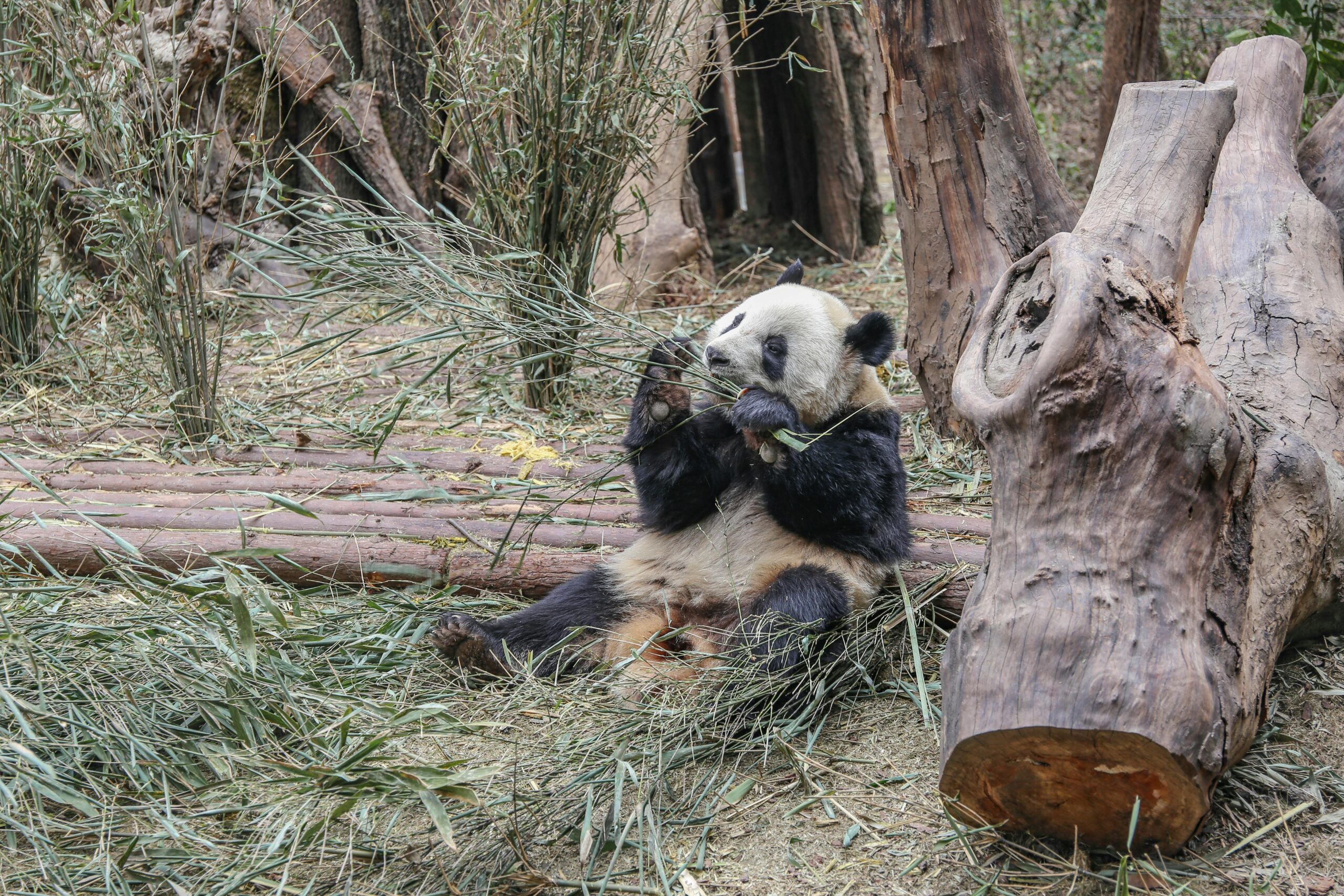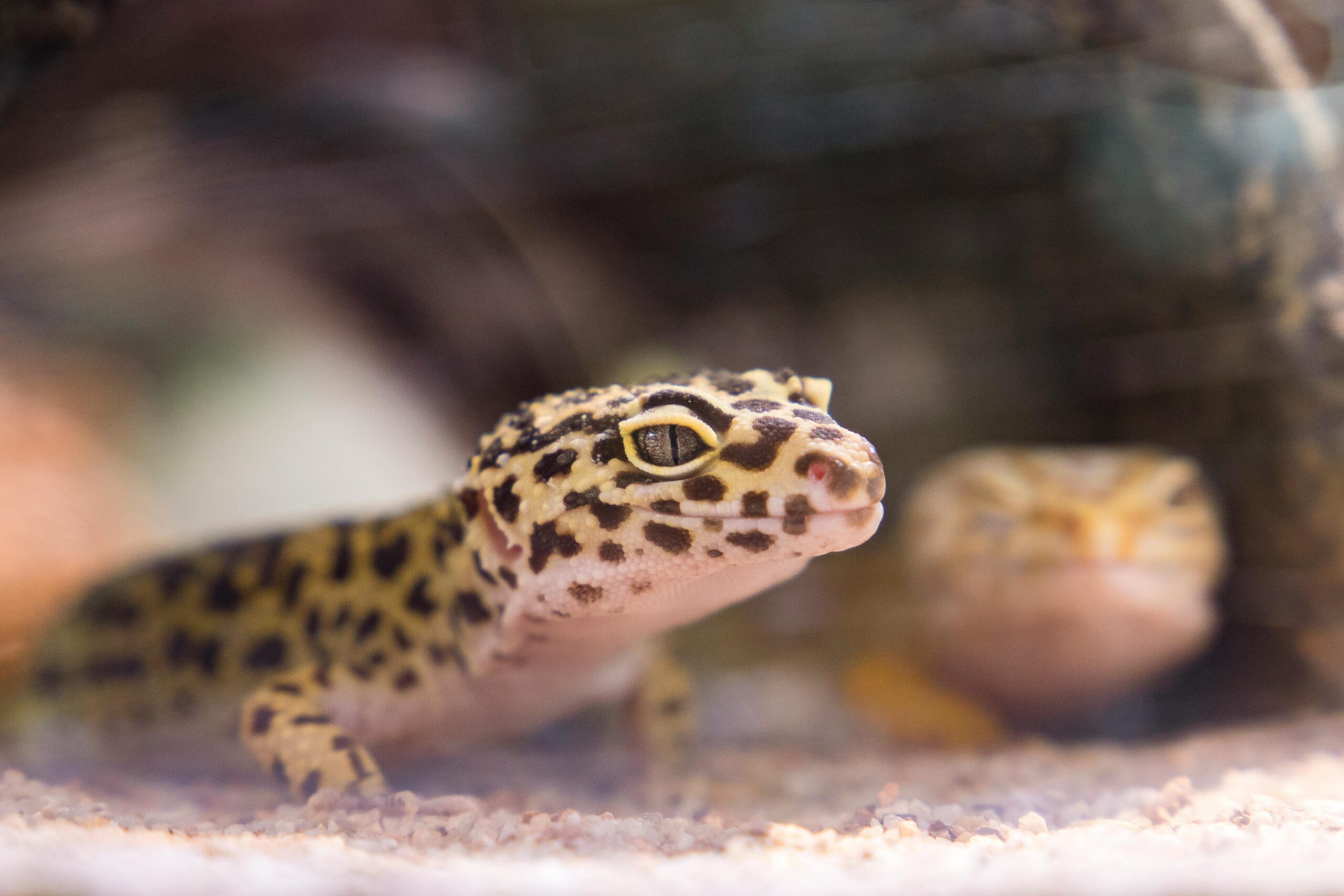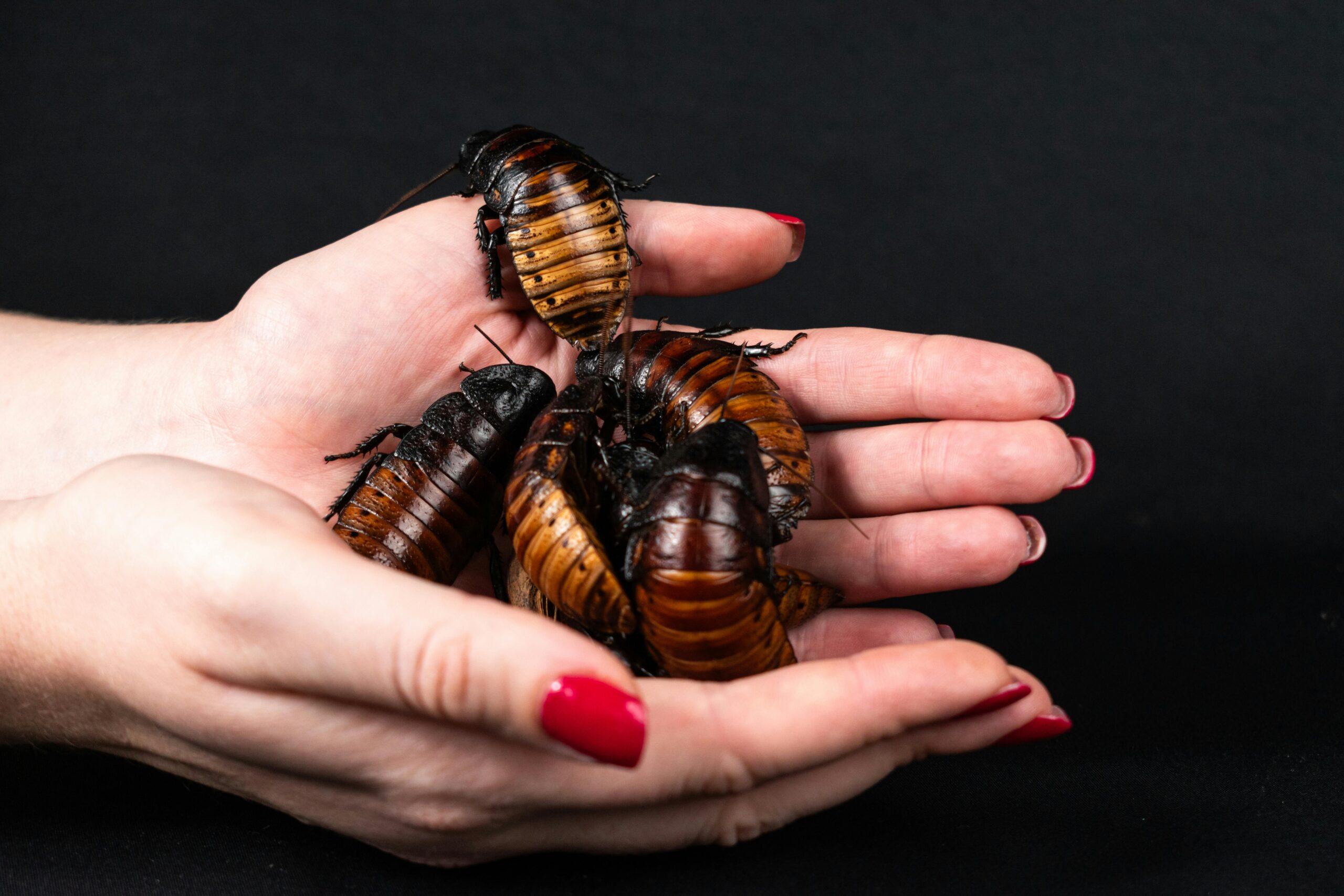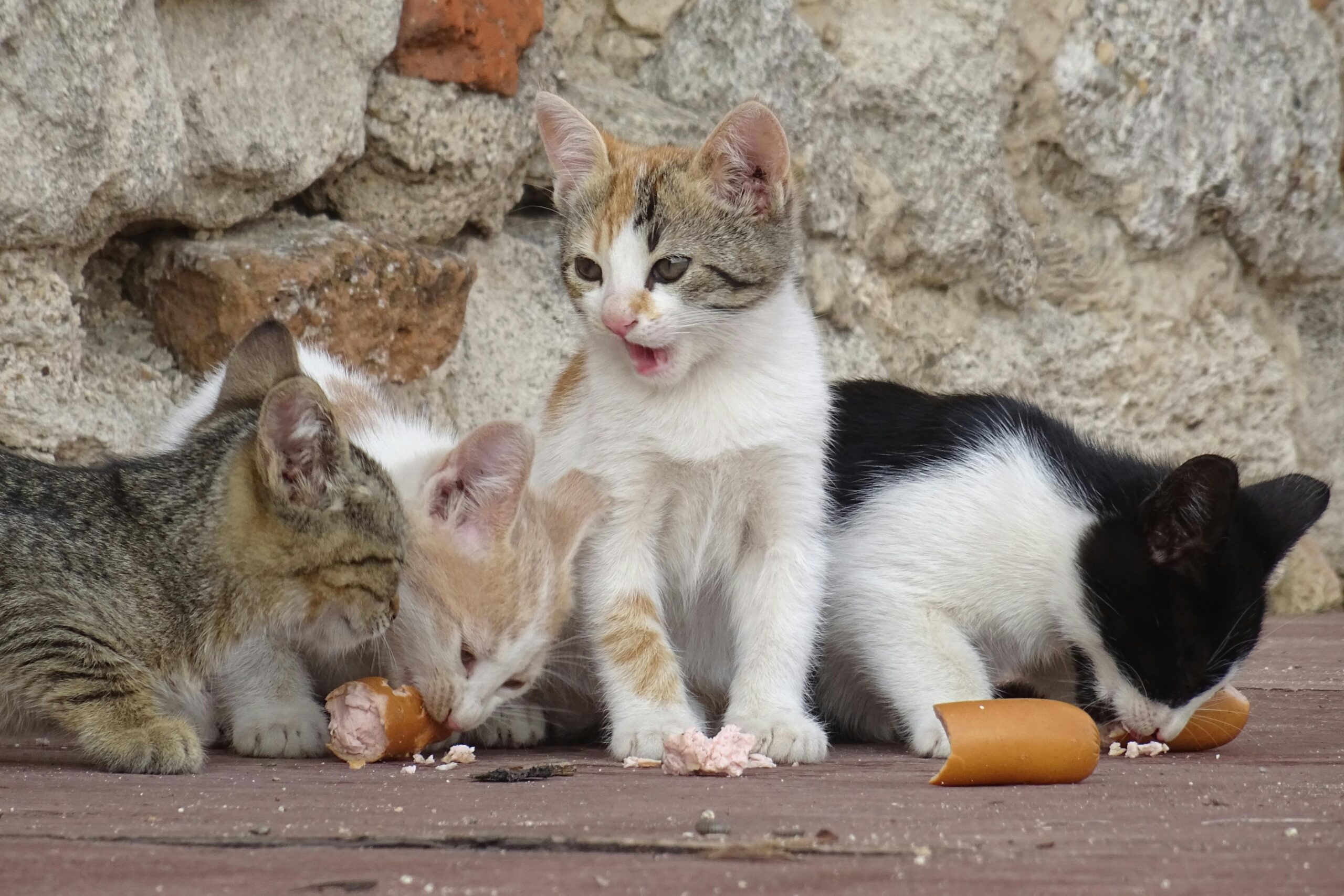Much of the kind of diet should I give to my exotic animal like maintenance of an exotic pet’s health, longevity, and well-being depends on its feeding practices. differential to typical pets, exotic animals usually have particular nutritional necessities that relate closely to their natural home and evolutionary features. The provision of these dietary needs is important, since inadequate consumption could result in both health difficulties and malnutrition and potentially shorten life expectancy. Since exotic pets cover a spectrum ranging from reptiles to birds, small mammals, and primates, it’s important to appreciate the special nutritional requirements of each species.
This extensive guide will take an in-depth look at the many types of exotic pets while furnishing information on their specific diet needs, the best ways to feed them, and important factors for maintaining a well-rounded and nutritious meal schedule.
1. Birds
Finches, cockatoos, parrots, and macaws are a number of the favored exotic bird breeds. In order to maintain health, produce superior feathers, and preserve general strength, all bird species need certain considerations in their diet. A poor diet sensitizes birds, and a bad feeding method may rapidly cause health problems including malnutrition, obesity, and liver disease.
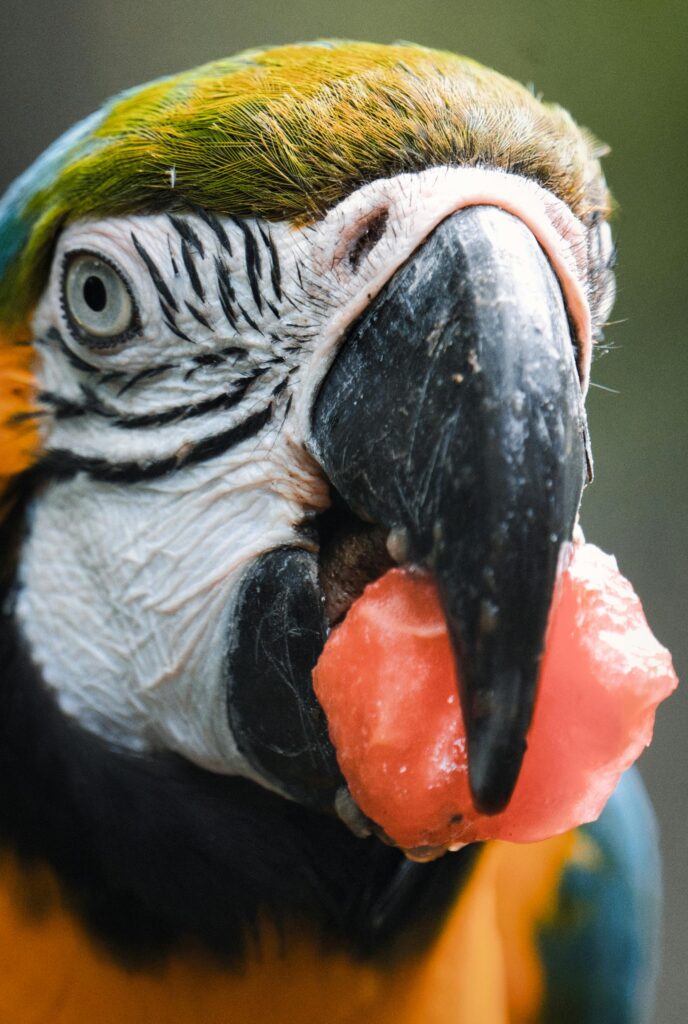
General Diet for Exotic Birds:
Pellets:
A good-quality pellet diet is regularly suggested as the basis for a bird’s dietary needs. Pellets are developed to offer a balanced assortment of vital nutrients, vitamins, and minerals. Specialized businesses in bird-fe marketing adopt formulations designed specifically for different avian species.
Fresh Fruits and Vegetables:
A diet for birds ought to include a substantial amount of fresh produce. Actually, parrots can do well on a range of fruit, which comprises apples, oranges, berries, and melons. Carrots, peas, peppers, and leafy greens are just as important as well. These are providing us with natural supplies of vitamins, minerals, and fiber.
Seeds and Nuts:
Kinds of seeds and nuts are typically a natural diet component for various birds, but consumption should happen moderately because they can quite high in fat. Eating only seeds can lead to ineffectiveness and create nutritional deficiencies. Occasional treats of nuts, such as almonds and walnuts, are fine, but you should make an effort to balance them out.
Protein Sources:
Chances are that birds could benefit from cooked eggs, beans, or legumes for protein. Parrots benefit from a protein source in their breeding season and also during their periods of growth.
Species-Specific Considerations:
Parrots and Cockatoos:
These intelligent birds need ample fruits and vegetables along with a small amount of nuts for their nutrition. African grey parrots need the calcium from leafy greens to help lessen hypocalcemia.
Finches and Canaries:
These smaller avian species can flourish, attributable mainly to their plentiful seed diet; nonetheless, they need vegetables and pellets for complete nourishment.
Foods to Avoid for Birds:
Birds are unable to handle avocado, chocolate, caffeine, and alcohol, and they should never form part of their diet.
Avoiding foods that are processed or salty can help you avoid health problems.
2. Reptiles
Covering snakes, lizards, tortoises, and turtles, reptiles showcase a range of food selection options. Figuring out their food choices in the wild greatly informs the design of a diet that adequately addresses their individual nutritional demands.
General Diet for Reptiles:
Insects and Invertebrates:
Successful maintenance of bearded dragons, geckos, and chameleons, as well as other reptiles that consume insects, relies on live insects such as crickets, mealworms, and waxworms and roaches. A coating of calcium and vitamin supplements is important to avoid deficiencies for these insects.
Rodents:
Pythons and boas, along with other constrictors, are lizards that mostly feed on mice and rats. How big the snake is affects its intake, including everything from little pinky mice to big rats. Prey must be adequately proportioned, generally not wider than the widest aspect of the snake’s body.
Fruits and Vegetables:
For herbivores, iguanas and tortoises, it’s important to have diets with plenty of vegetables, leafy greens, along with a little fruit. The choices of dark, leafy greens, such as collards, mustard greens, and dandelion greens, are outstanding. Squash, zucchini and bell peppers are just a few vegetables that can make the cut. Fruits that include berries and melons can be presented as occasionally available treats.
Prepared Diets:
Species of reptiles, for example turtles and tortoises, benefit greatly from special diets available at pet shops. The design of these pellets is to deliver balanced nutrition, but fresh produce should be added for supplementation.
Species-Specific Considerations:
Bearded Dragons:
These lizards succeed as omnivores by relying on a range of insects (crickets and mealworms) combined with different vegetables (collard greens and squash). Unlike grown dragons, dragon offspring in their early years do well with a bountiful amount of insects to eat rather than moving towards a plant-based diet.
Snakes:
Snakes are, generally speaking, meat eaters and feed on rodents. It’s vital to serve prey that is the right size and to avoid overfeeding, since obesity is a standard problem for snakes kept in captivity. For safety reasons, rodents that are kept frozen-thawed are frequently chosen over live prey.
Foods to Avoid for Reptiles:
Avoiding nutritional content, iceberg lettuce and spinach can also bind calcium, creating deficiencies.
The acid content found in citrus fruits makes them usually too powerful for reptiles.
3. Small Exotic Mammals
Unique dietary needs characterize small exotic mammals—like ferrets, hedgehogs, sugar gliders, and fennec foxes—which are very unlike the dietary requirements of typical small pets, including hamsters and guinea pigs.
General Diet for Small Exotic Mammals:
Ferrets:
Being obligate carnivores, ferrets must consumption of a diet marked by animal protein. Highly regarded ferret food from commercial sources, or a raw diet including meat, bones, and organs, can give the required nutrients.
